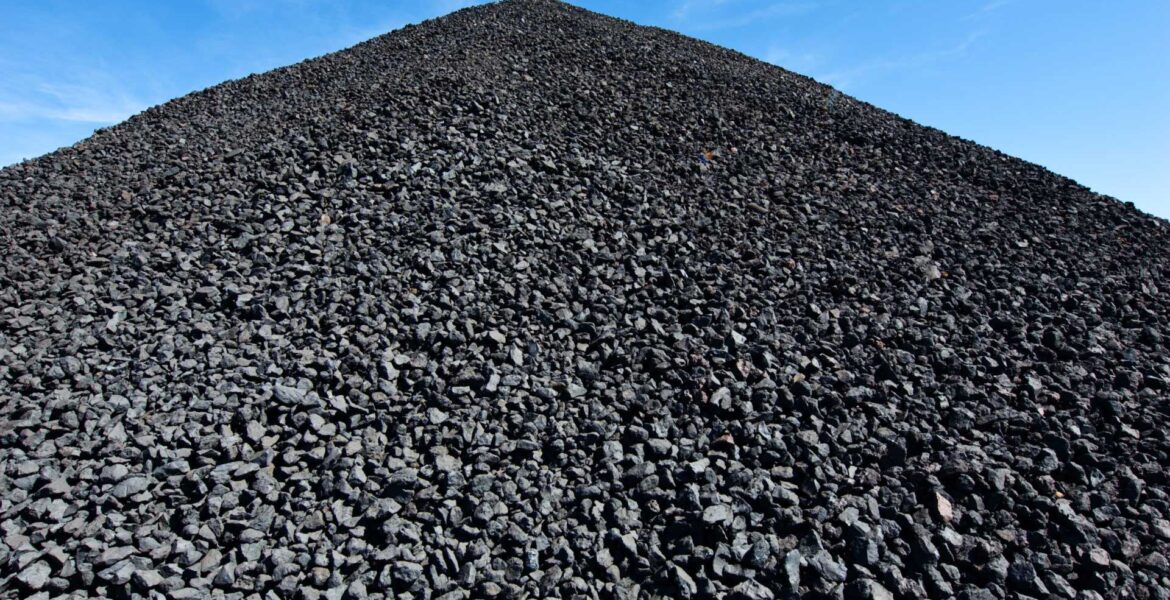Exploiting the nation’s massive coal reserves for power generation is a searing indictment on the government’s climate change commitments, writes DOUGLAS RASBASH
As the scorching heatwave bakes our planet and local temperatures reach records highs in Maun, Botswana stands at a pivotal juncture, a decision that could either signal genuine commitment to the climate change agenda or expose an alarming case of greenwashing.
In a year where the mercury soars to unprecedented levels, Botswana’s announcement of a 300 MWh expansion to its thermal power station, fuelled by coal, raises urgent and unsettling questions.
Hottest year
The climate crisis has reached a dire apex, with 2023 smashing records as the hottest year, according to the United Nations International Panel on Climate Change IPCC. In Botswana, the temperature is set to reach a sizzling 41°C, underscoring the urgency to combat climate change. Yet, Botswana’s decision to further exploit its coal reserves is a blatant contradiction to the global climate change agenda that it professes to support. This incongruity is a stark reminder that hollow promises and rhetoric have no place in the battle for a sustainable future.
Botswana’s representation at the United Nations General Assembly (UNGA) 78 showcased a paradoxical stance – advocating for climate action, compliance with international commitments in reducing GHGs and total support for UNDP Agenda 2030 while embracing a significant expansion of thermal power, a fossil fuel-powered venture contributing unabatedly to carbon emissions. This exploitation of coal not only exacerbates climate change but also endangers the health and livelihoods of its own citizens.
Coal, notorious for being a significant contributor to greenhouse gas emissions and global warming, is a glaring contradiction to any genuine commitment to climate change mitigation. The impact of coal-fired power generation on air quality, water resources, and biodiversity is well-documented, and Botswana’s endorsement of this destructive energy source raises concerns about its true dedication to a sustainable future.
Crossroads
The country stands at a crossroads, marking the inception of its largest foreign direct investment venture – a colossal $2 billion integrated coal mining and power generation project by Indian conglomerate, Jindal Steel & Energy. The project encompasses a 300-megawatt thermal power plant and a 4.2 million-tonne coal mine, a monumental undertaking in the nation’s history.
Jindal Energy secured the bid over competitors to construct and operate the coal power plant, supplying energy to the state-owned Botswana Power Corporation (BPC). The venture is fuelled by the Mmamabula coalfields, holding a mining license for an astounding 3 billion tonnes of coal. However, this investment in coal-based energy production contradicts the urgent need for global carbon reduction.
The construction project, expected to deliver electricity to the national grid by 2028, will initially generate over 5000 jobs during construction and 1000 permanent jobs during operation, making the economic boost undeniable. However, it comes at a significant environmental cost. Coal-fired power plants contribute 73% of global CO2 emissions from electricity generation, emitting 950 grams of CO2 for every kilowatt-hour of electricity they generate. In the case of this project, the 300 MWh plant will produce 2.5 million tons of CO2 annually, incurring a social cost of approximately $475 million per annum, based on the proposed $190 per ton cost as stated by the IEA.
Moreover, the water consumption associated with this venture raises concerns. The proposed water consumption, if following Indian standards, would amount to a staggering 6.5 million cubic metres per year, with an estimated opportunity cost of P292 million or $22 million annually. This not only strains water resources in an already water-stressed country, reduces water availability for other uses – especially food production, but places a hefty burden on the economy.
A viable and affordable alternative
Unlike this venture, solar energy has emerged as a viable and affordable alternative. The International Energy Agency (IEA) declares solar energy as the cheapest source of electricity in history, with the best solar farms producing energy at $60 per MWh – half the estimated unit cost from the new coal-fired power station, likely around $130 per MWh. It will be important to obtain clarity on the future price of electricity.
Botswana’s unwavering pursuit of heavily carbonised energy, despite its green posturing, is disturbing. With 99.8% of its energy being carbonised, the nation’s stance on decarbonisation remains dubious, directly conflicting with its international pledges and commitments.
The proposed expansion will have far-reaching consequences, not only for Botswana but for the global community. The ripple effects of climate change know no borders, and it is imperative that nations, particularly those blessed with renewable energy potential, champion the transition to clean energy. Botswana, endowed with abundant sunlight, possesses the natural resources to lead the charge in embracing renewables.
Greenwashing betrayal
The global community is in desperate need of genuine leadership in the fight against climate change. Greenwashing, the practice of conveying a false impression of environmental responsibility, is a betrayal to this cause. The time for empty promises and token actions has long passed. We demand transparency, honesty, and authentic action from Botswana and all nations facing the climate crisis.
Botswana must make a profound choice – a choice between aligning its actions with its words, or succumbing to the allure of short-term gains at the expense of our planet’s future. The citizens of Botswana and the global community are watching, and the consequences of this decision will echo through generations. The climate crisis waits for no one, and neither should our resolve to combat it. The time for real, unwavering action is now.
In conclusion, while the investment promises economic growth and job creation, it comes at an exorbitant environmental and social cost. Botswana must carefully reconsider its approach, embracing sustainable alternatives like solar energy to align its actions with its global climate commitments. The time for true sustainability is now; the world is watching, and the consequences of this choice are profound and far-reaching.

